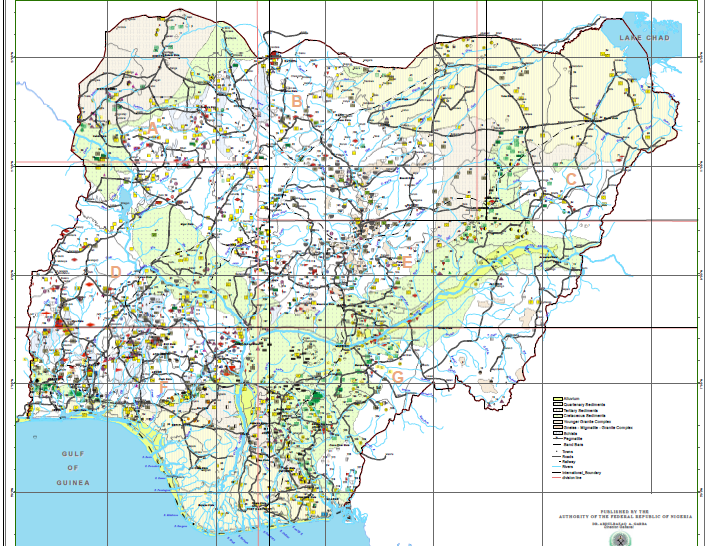Its banking sector reform has been acclaimed globally to be strong and has put the economy on a path of improved performance and steady growth. The foreign currency reserve is close to historical height and is substantially, relative to GDP, for a developing country. The government has continued to focus on the private sector as an engine of growth for the economy and to respond to the economic climate.
Nigeria has a large domestic market. It is the largest market in sub-Sahara Africa and the potential stretches into the growing West African sub-region. The government has created a favorable climate for business and industrial ventures. The exchange and control regulation have been liberalized to ensure a free flow of international finance. There is now no unrestricted movement of investment capital.
The government is focused on power sector reform, infrastructure development and diversification on the economy (including towards mineral resource development).

